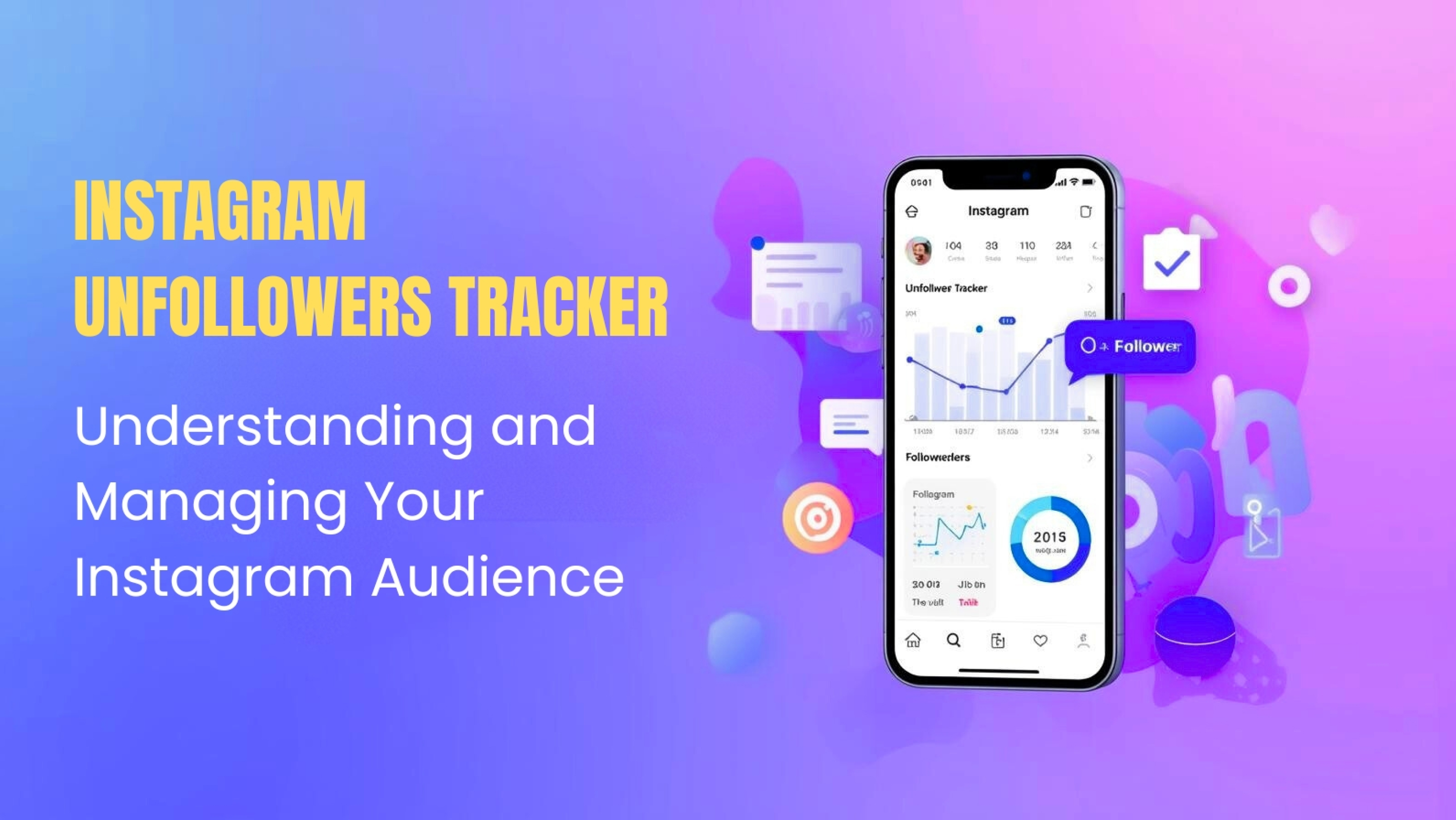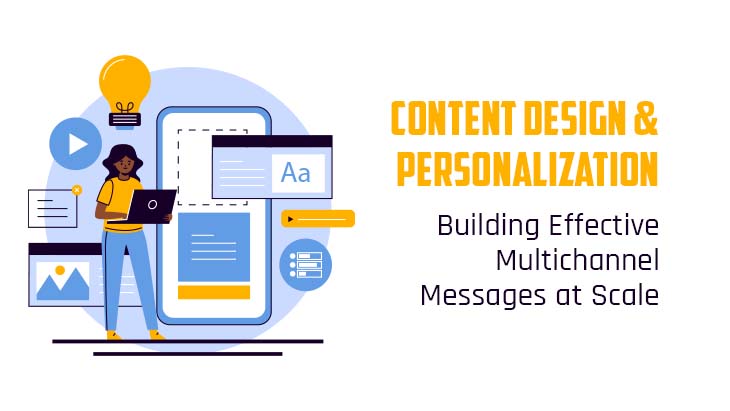To create new software and upgrade old programs, software developers employ their programming expertise. A job as a software developer can be a good fit for you if you have a creative mind and enjoy solving problems.
Since the software is used in almost every sector of the economy, you can choose a career path that suits your interests and hobbies.
Discover course recommendations to develop abilities, additional information about this field of work that is expanding quickly, and 9 pieces of advice for getting things right.
What Does A Software Developer Do?
Computer programs of all stripes are the result of the inventive work of software developers or a Software development company. In order to create everything from operating systems to apps to video games, they design and write the code.
In this position, you can be involved in all phases of software development, from determining what consumers need and how they'll use the software to releasing a finished product.
Though many developers do all the coding themselves, you might occasionally work with computer programmers.
Daily chores could include:
* Examining software users' wants.
* Creating, testing, and designing software to satisfy user requirements.
* Constructing models and diagrams that depict the necessary code for software development.
* Maintaining and testing software to keep it functional.
* Recording the procedure to supply the data required for upgrades and maintenance.
* Software Front end development training and application.
* Software Back-end development training and application.
In this article, we’ll discuss how to get the right software development training to start your IT career faster:
1. Acquire some Programming Knowledge.
You'll need a strong background in programming languages to pursue a career in software development. Java, Python, C++, and Scala are four that you might think about mastering.
Server-side application development is done using the general-purpose programming language Java. It functions on a variety of platforms, including the internet and Android mobile apps.
Python is an excellent place to start if you're new to programming because it's often regarded as one of the simpler languages to learn. This object-oriented language is renowned for its adaptability, having uses in data analysis, programming, and scripting.
Popular system programming languages include C and C++. The C++ language, which is based on C, is also frequently used by game creators. Considering how similar the two languages are, it is possible to learn both.
A high-level programming language called Scala blends the ideas of functional and object-oriented programming. It was created to improve on some of Java's weaknesses.
2. Determine your Final Objectives.
What place would you like to work? What do you hope to achieve in your career? Software developers are employed by a range of businesses, including software publishers, financial institutions, insurance providers, Software development training companies, and firms that create computer systems.
You could work in the medical field, engineering, manufacturing, or another industry. While many software developers take advantage of the possibility to work for an agency or remotely, others prefer to do so.
You can successfully navigate your way forward if you have a clear idea of what you want from your job.
For instance, if you want to work in the healthcare industry, you may need to develop knowledge and abilities in the field relating to things like data protection rules and the storage and accessibility of patient records.
3. Go to School or take Courses.
In the Stack Overflow 2021 Developers Survey, more than 65 percent of developers reported having a bachelor's degree or higher. Although a degree isn't always required, having one can help you advance your technical knowledge and increase your work options.
When researching majors, keep software engineering, computer science, or information technology in mind as examples of those that place a strong focus on developing skills.
Consider obtaining a minor in the industry you'd like to work in if you already have a general concept of what you want to do.
4. Get to Work Honing your Developer Specialty.
Whether you choose a traditional schooling path or a self-taught one, you must set aside time to practice developing and working with programming languages. It is the secret to acquiring a complete comprehension of the growth process, which will make you a more successful, effective, and precise expert.
You could decide to construct mobile apps to hone your talents if app design is your passion. Instead, you can choose to become a DevOps engineer if you'd prefer to work on the servers' and computers' infrastructure. Your abilities as a software developer can be put to use in a wide variety of contexts.
5. Put your Software Development Work in a Portfolio.
As you develop applications and practice programming, gather your work into a portfolio. Possessing a portfolio of your finest work shows prospective employers that you are capable of putting the talents listed on your resume to use. Your portfolio should at the very least include:
* Concise biography
* Contact details
* Relevant expertise
* Include a resume link
* Awards or commendations
* Projects both for work and for pleasure
Curate your portfolio as you acquire experience to highlight just your greatest work. Include projects where you have utilized technologies relevant to the positions you are looking for.
6. Improve your Technical Abilities.
Experience dealing with additional tools that software engineers frequently use is beneficial in addition to having knowledge of programming languages. Examples comprise:
* Database engines are powered by the language SQL.
* Tools like Mercurial SCM and Git, two popular source control systems in software development.
* Integrated development environments (IDEs) make it possible to write, modify, run, and debug development code.
7. Develop your Non-technical Abilities.
You'll have to give instructions to others when working on projects as a software engineer. Additionally, you'll be required to clarify procedures and respond to inquiries from clients and superiors.
Developers need to be creative, meticulous and have good problem-solving abilities in addition to having excellent communication skills.
8. Verify your Abilities.
If you don't have a lot of job experience, certifications might assist potential employers to verify your talents and seeing your level of competency.
For instance, the CompTIA IT Fundamentals+ certification is a fantastic place to start if you're trying to decide if an IT career is suited for you. Consider obtaining certifications in data management, cloud computing, or data security after that.
9. Apply in a Secure Manner.
Create a stellar CV right now if you don't already have one. It should unambiguously show your professional development and experience relevant to the position you're vying for.
Make careful you edit it for typos and highlight the projects and experiences that most closely match the requirements of each business.
There are many chances in the various software industries for qualified IT experts. Now is the ideal moment to start learning the necessary skills through numerous software development programs if you wish to pursue a career in the IT sector.
The greatest software courses for newcomers as well as certifications in specialized technologies are available for you to choose from based on your interests and prior expertise in the relevant field.
















Post Comments